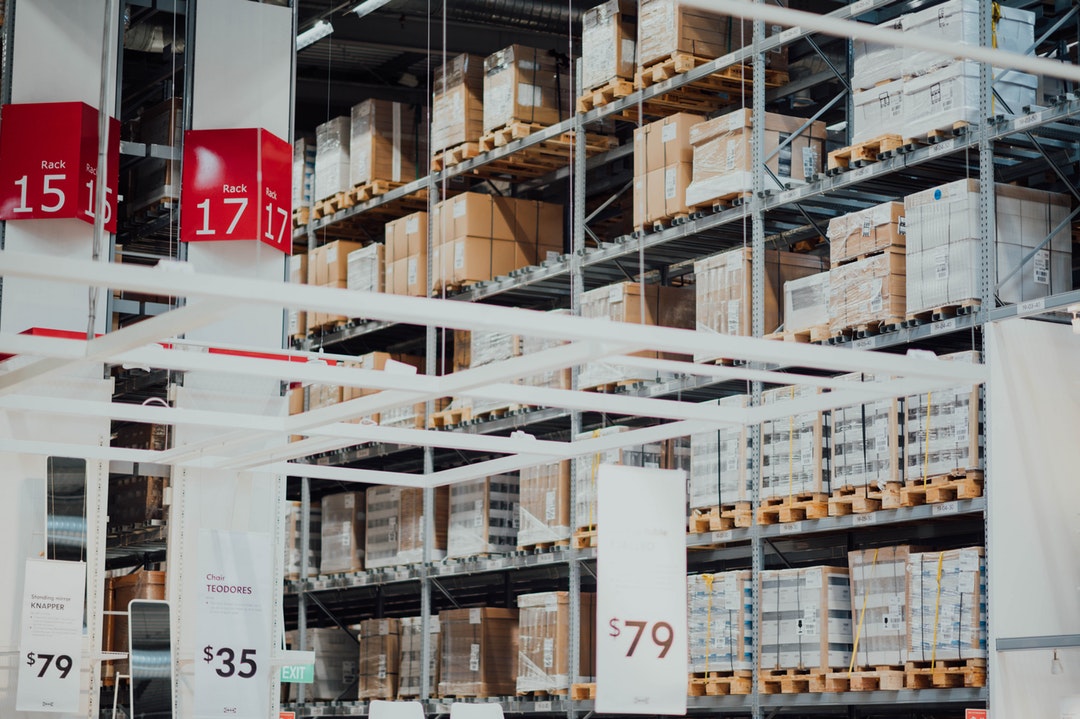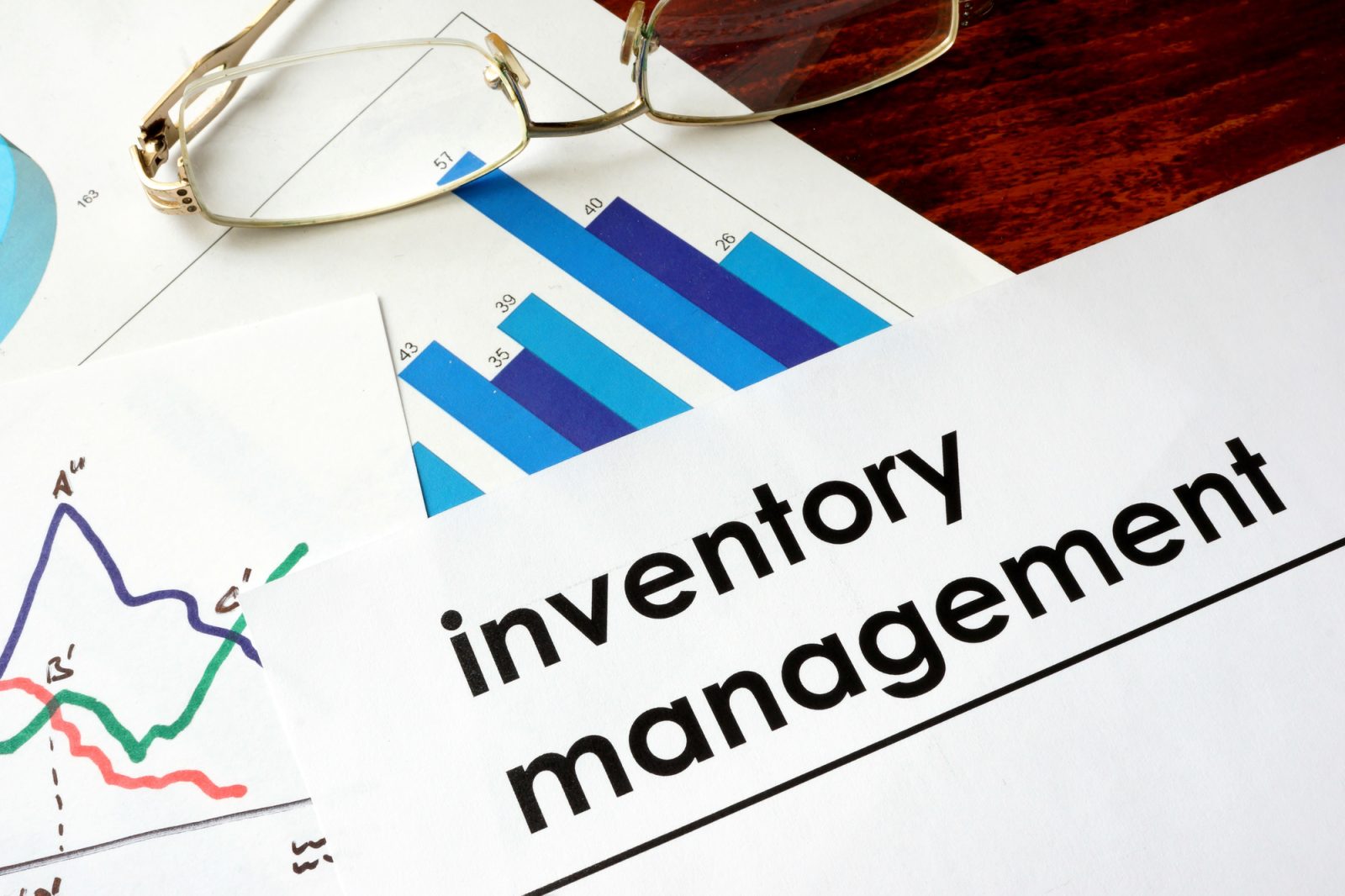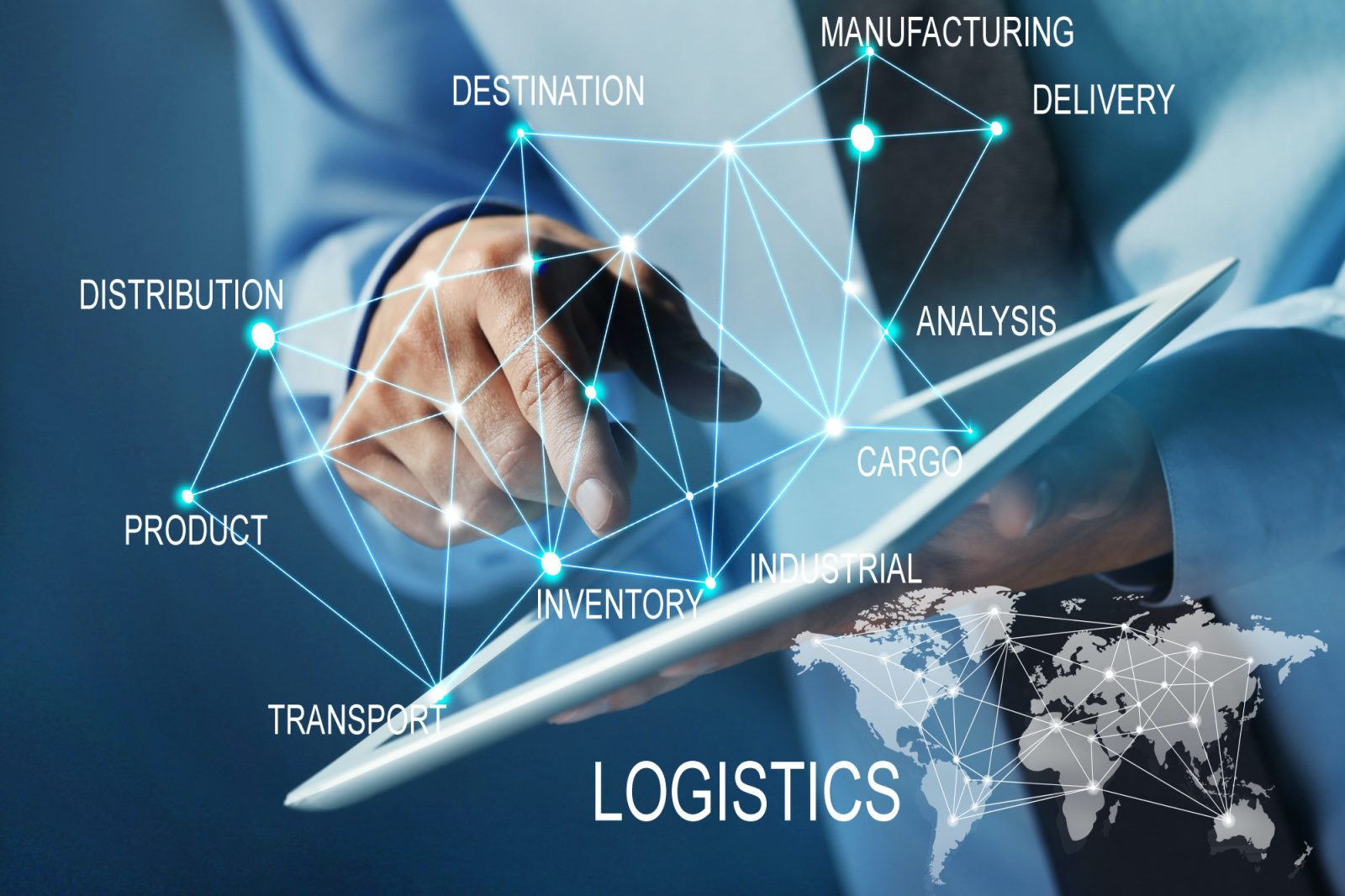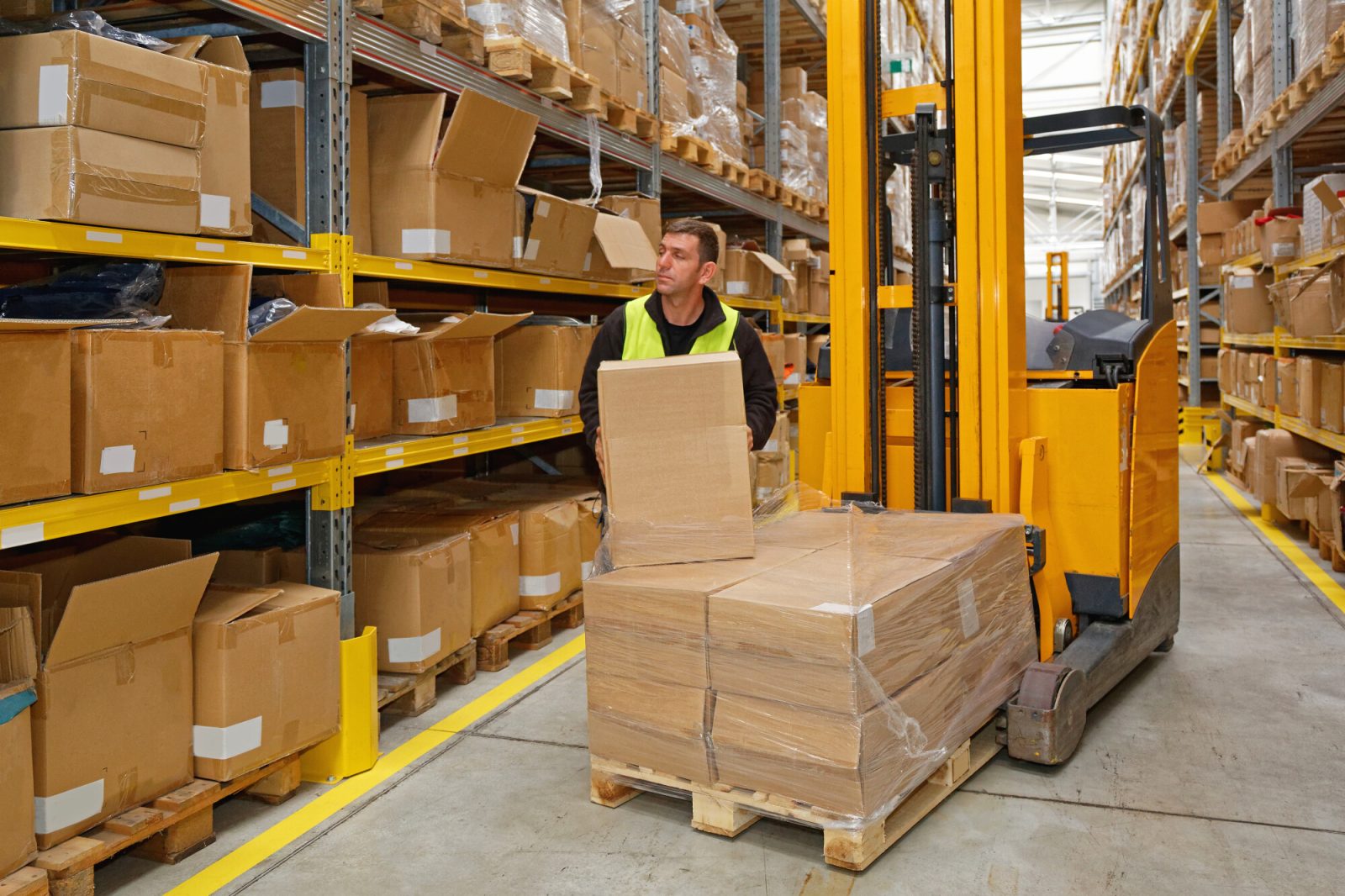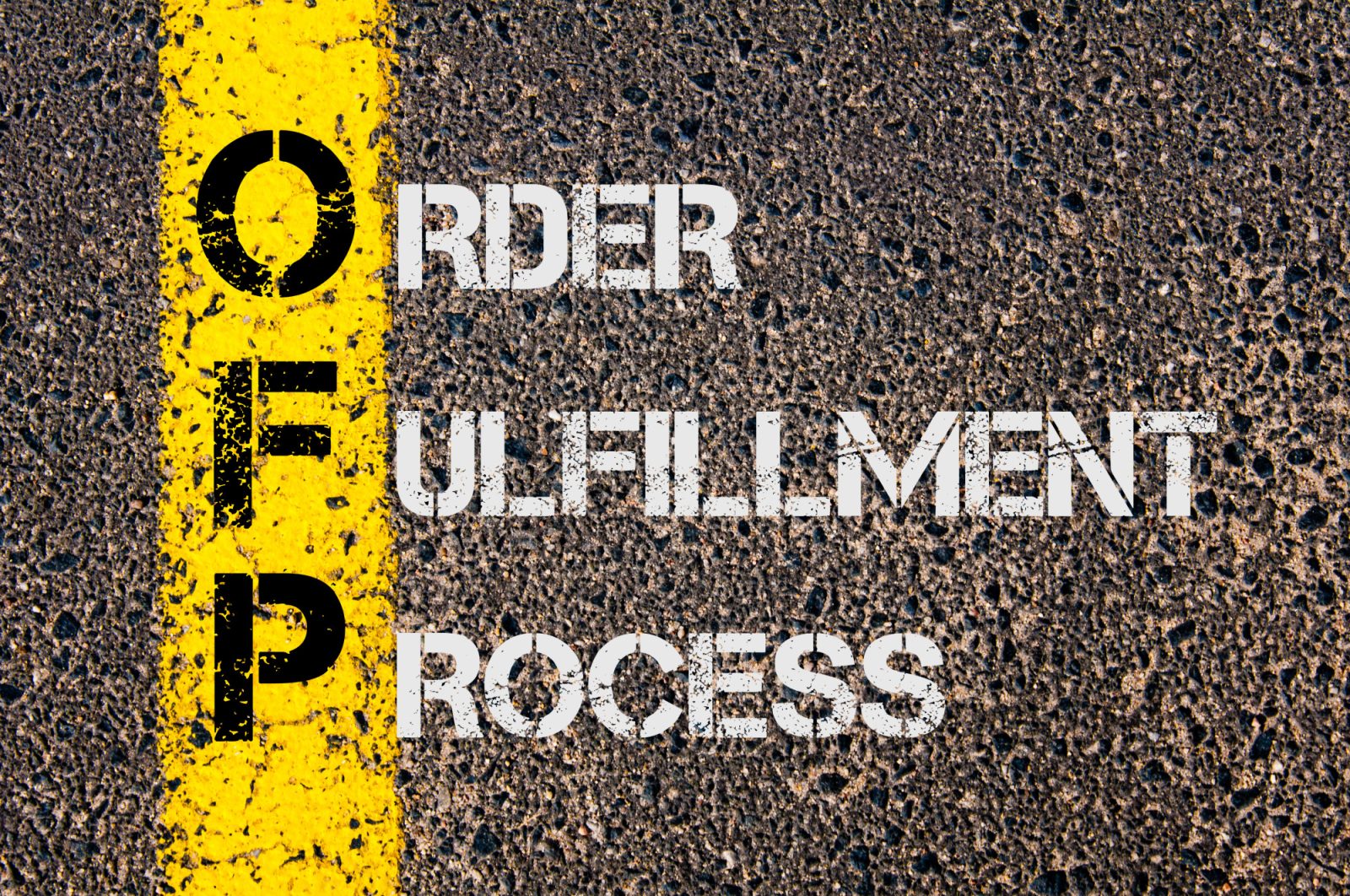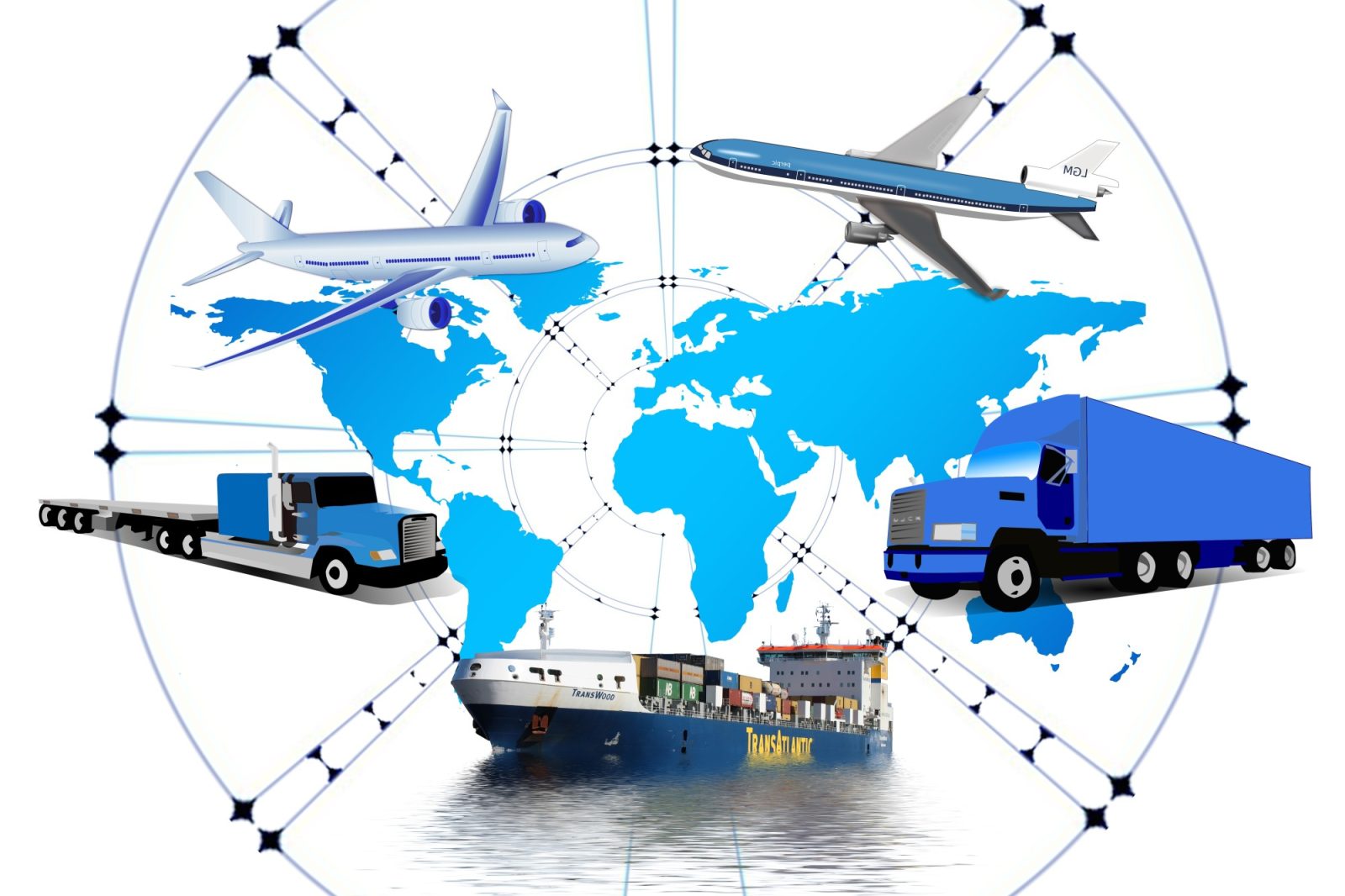It might surprise you to learn that the average US household spends nearly $1,500 on clothing each year. This is great news for clothing brands, as there is a constant demand for new clothes all across the country. Dealing with this demand can be difficult, though, and understanding fashion industry logistics is essential.
Leveraging 3PL services can help take your performance to the next level, but not everyone understands what they need to know. Let’s explore the key information you should consider.
Cost Savings
One of the primary benefits of 3PL for clothing businesses is cost savings. Maintaining a warehouse on your own requires a level of capital that many businesses don’t have access to.
You would also need to budget for logistical vehicles, which cost a large amount of money to maintain. When outsourcing, though, they will handle these obligations for you.
You can also take advantage of reduced costs on large-volume shipment orders. This will help you minimize your overhead costs and allow you to reinvest the savings into other areas of your business. It’s worth noting that working with the right 3PL service can help you eliminate shipping errors.
These are expensive to correct when they occur, so it’s in your best interest to avoid them at all costs.
Scalability
As your clothing brand grows, so will its apparel fulfillment needs. If you want to scale your business successfully, it’s essential to have a plan in place that can help you accommodate the growing needs of your customers.
More often than not, this would involve either expanding your warehouse or relocating to a new one. Neither of these options comes at a low cost. A 3PL service has the capacity to manage your clothing company inventory no matter how fast your business grows.
Be sure to consider this when moving forward.
Increased Efficiency
It’s no secret that running a clothing business on your own can be very time-consuming.
Order tracking and inventory storage, for example, are responsibilities that can quickly add up on top of all the other obligations you have. Instead, let a third party handle them. This will free up time to focus on major responsibilities like product research and advertising.
As your efficiency increases, so will your revenue.
Improved Reach
There will often come a time when a clothing brand is ready to expand outside of its country.
3PL services have supply chain networks and warehouses across many different countries. This will help streamline international shipping, storage, and inventory delivery.
International expansion comes with many obstacles business owners need to avoid, so it’s best to have a professional on your side.
Peace of Mind
Outsourcing can provide you with much-needed peace of mind. The stress of running a clothing brand can sometimes cause entrepreneurs to burn out and give up entirely.
As long as you work with a reputable company, you’ll find that you have much more mental energy to dedicate to other areas of your business. This can help you scale much faster than anticipated.
How the Process Works
The process is simpler than most people believe.
First, you’ll need to find a reputable provider. They should be able to help you fully meet your goals while providing ongoing support. After you’ve found a business to work with, you will send them your inventory.
This will help them fulfill orders as soon as they get them. Your 3PL company will handle storage and warehousing, so you don’t need to worry about anything once you send the products. Once you begin to receive customer orders, the 3PL service can handle picking and packing for you.
They will have a comprehensive list of where all of your products are stored, allowing them to ship items as soon as possible.
Your 3PL provider will then handle shipping obligations. Depending on who you work with, they will either ship products themselves or outsource to a shipping provider. Determine this information before you make your choice.
Candidacy
Not every clothing brand is a prime candidate for 3PL services. However, there are certain metrics you can keep an eye out for to help you determine when it’s time to take the next step.
If you are regularly fulfilling over 10 orders a day, it’s time to upgrade to a 3PL service. This is generally around the time clothing companies will begin to become overwhelming for a single entrepreneur or small team.
If you sell to customers in other countries, you should also outsource your logistics responsibilities. As mentioned before, a professional can help you navigate the complications of international expansion.
Brands that want to offer expedited shipping are also prime candidates. People have become highly used to Amazon’s fast shipping speed, and it’s essential that you offer short shipping times to your customers.
Finding a Professional
When searching for someone to work with, consider their past reputation.
This will provide insight into what you can expect from them. Check what their clients had to say about shipping times, what their buyers have said about their experiences with their clothing brand, etc. They should also be easy to get in touch with and be willing to help you meet your goals.
The more interested they seem in your brand, the better service they will provide.
Don’t Overlook 3PL Services
Utilizing 3PL services is an amazing way to take your fashion brand’s performance to the next level.
Consider the above information so that you can determine when they’re appropriate and find the best professional to work with. Get in touch with us today at DDA Holdings. Our team has all of the necessary tools and resources to help you hit your target metrics.

